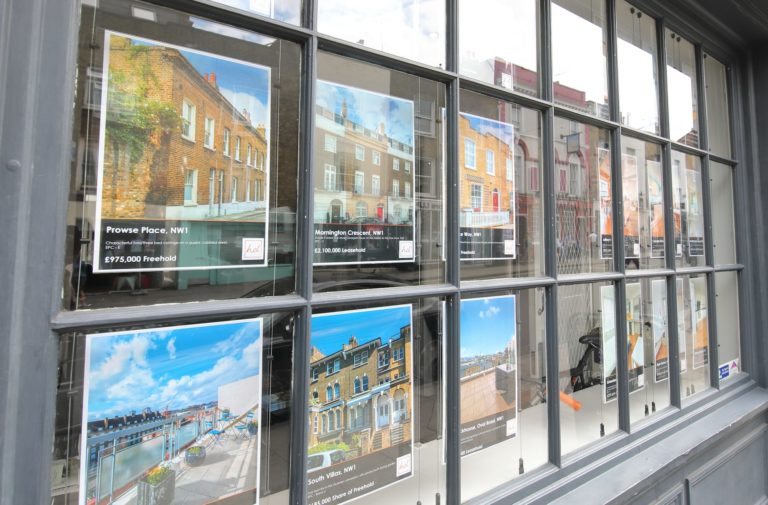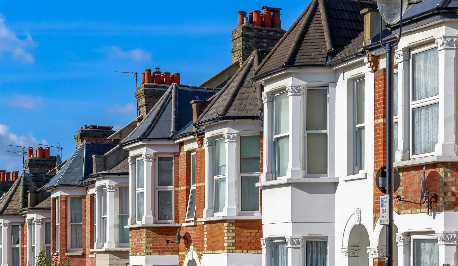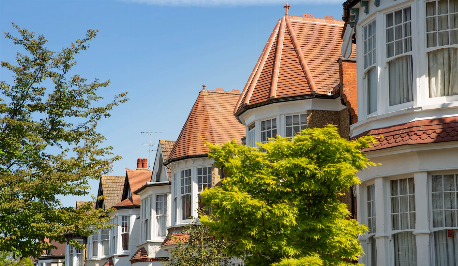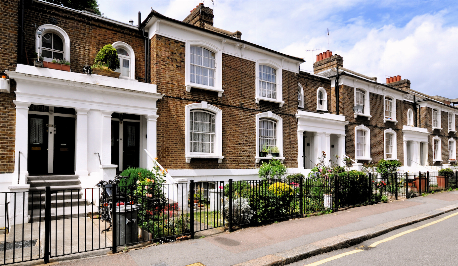Buyer demand for property continues to outstrip available supply

No one can have failed to notice the rise in house prices and the Buyer demand for property, particularly since the lockdown eased. Reports from the Royal Institution of Chartered Surveyors (RICS) tell us that the number of properties being put up for sale is not keeping up with the increased demand.
According to RICS the predominant requirement from prospective buyers is for property with more internal and external space, an understandable reaction to the lockdowns which have seen urban dwellers, especially, suffering from the effects of being cooped up for long periods of time.
The recognition by most of us of how badly we need to have access to space for our own mental health and that of our families has been brought into focus during this pandemic and, for those of us with the means, looking for alternative accommodation promising a better lifestyle has been a major factor in the surge in demand.
The other main reason has been the suspension of stamp duty land tax (SDLT) on property valued at £500,000 or less, which has proved to be a massive incentive by cutting the costs on a £500,000 property by £15,000. If you purchase a residential property in England between 1st July 2021 and 30th September 2021, inclusive, you will start to pay Stamp Duty Land Tax on the amount that you pay for the property above £250,000.
On the 1st October, the SDLT rates revert to their original pre-covid levels.
The demand for properties has also given rise to other issues for estate agents and sellers. While properties are selling almost before the property details are put up on agents’ websites, the numbers of prospective buyers are overwhelming agents’ abilities to cope with organising viewings. It has been reported that some agencies are asking for written proof of a potential buyer’s ability to purchase before they will allow a property to be viewed.
While it is understandable to try and weed out the ‘sightseers’ who only want to look and have no intention of buying, the ways that estate agents can use to do this need to be scrutinised. Unconfirmed reports of one agent charging £5 upfront in cash to view a property looks very suspect. Other accounts of an upfront fee being levied by agents which is non-refundable if the prospective buyer does not show up, illustrate just how overheated the market has become. We would urge caution if any kind of fee is requested by an agent as a condition of seeing a property. In addition, be extremely careful in providing any personal financial details to agents before seeing a property. Without a clear demonstration of how your data is used and securely held, it might be better to look elsewhere.
Looking for a Brighton Mortgage broker – Click here
For information in SDLT click here








